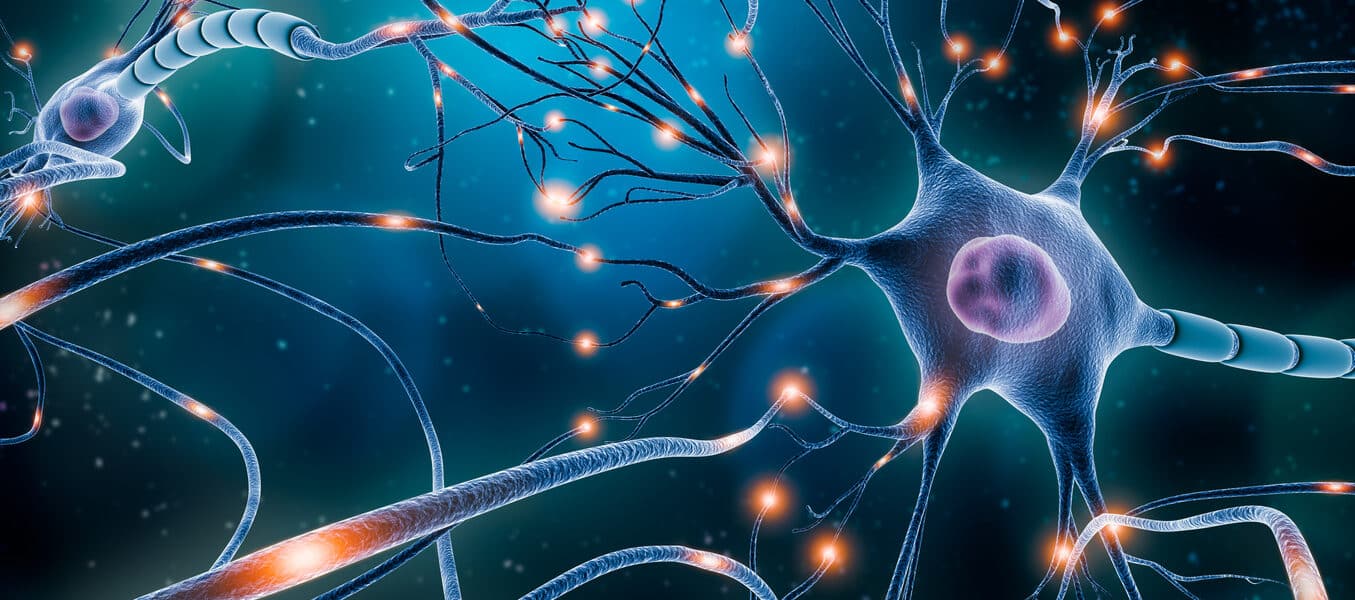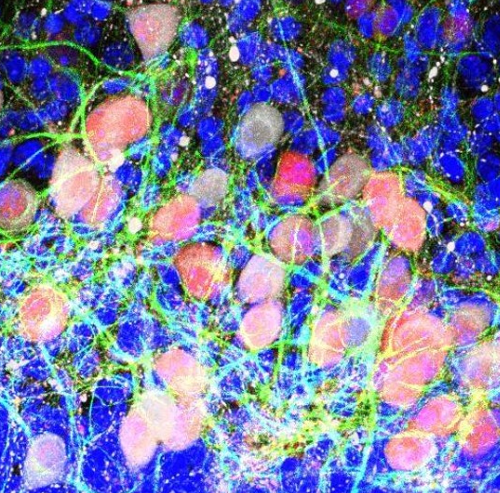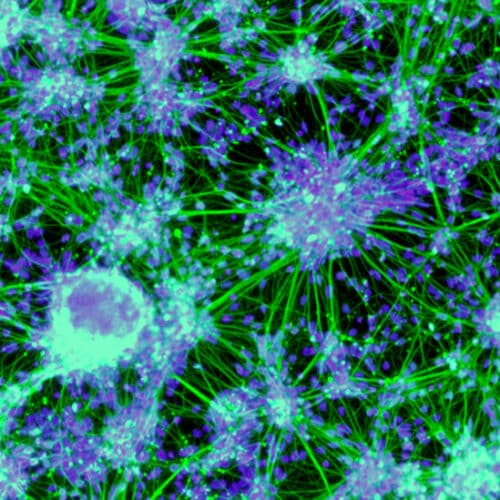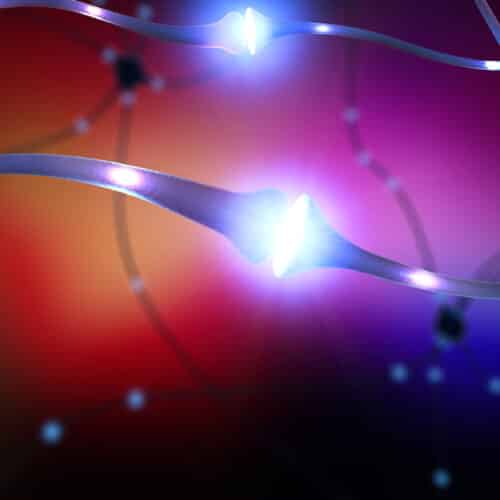Parkinson’s and stem cell therapy

Cell-replacement therapy in Parkinson’s involves altering stem cells – special human cells that have the ability to develop into many different cell types – into dopamine producing nerve cells (or neurons) and then transplanting them into a person with Parkinson’s brain to replace the dying or lost neurons.
By the time a person is diagnosed with Parkinson’s, they have already lost approximately 50% of the dopamine-producing neurons from an area of the brain called the midbrain. The dopamine neurons are located in a part of the midbrain called the substantia nigra.
These neurons are critical for normal motor function in a person – without them, movement becomes very inhibited, resulting in the slowness and rigidity associated with Parkinson’s; and until we have developed methods that can identify Parkinson’s long before these nerve cells are lost and the motor features appear, some form of stem cell replacement therapy is required to introduce new cells to take up the lost function.
Stem cell transplantation represents the most straightforward (but still experimental) method of cell-replacement therapy.
Recent advances in this area of research have shifted away from the old approach of cell transplantation (using dopamine neurons from a donor embryo), to moving towards developing sophisticated methods for growing dopamine-producing neurons in cell culture.
It is important to understand that, by itself, cell transplantation is not curative and will not halt the progression of the condition. It is simply an experimental method of replacing lost nerve cells. There are however promising clinical trials happening now which are testing surgical transplantation of dopamine-producing nerve cells into people with Parkinson’s brains – the results of which will be available in the next few years.
More information about finding a cure for Parkinson’s
The science behind Parkinson’s Priority projects Nerve growth factors and Parkinson’s
Webinar: Stem cell research for Parkinson’s – the latest updates
The next instalment of this quarterly webinar series will discuss the latest news in cell replacement therapies for Parkinson’s with Edinburgh University’s Professor Tilo Kunath as chair.

Aspen starts phase 1 stem cell transplant clinical trial
An experimental treatment for Parkinson’s involves the replacement of the lost dopamine neurons by transplanting new cells into the brain. Biotech company Aspen Neuroscience will soon be starting a…

Positive phase 1 results for BlueRock
BlueRock Therapeutics has reported positive results from the phase 1 trial of its cell-replacement therapy for Parkinson’s

Research Update Meeting Spring 2023 – recorded to watch again
Our popular and much-awaited research update meeting brought together two leading clinicians to report on their individual area of expertise for Parkinson’s. It’s available to watch again!

New biotech company focused on cell transplantation for Parkinson’s
Biotech company Ryne Bio has received a large research grant from CIRM to develop their late-stage preclinical cell transplantation procedure for Parkinson’s.

STEM-ing the progression of Parkinson’s
An exciting new clinical trial called STEM-PD is due to start in Sweden and the UK which will focus on stem cell transplantation as a potential treatment for Parkinson’s.

NECTAR 2021
The Network for European CNS Transplantation and Restoration (NECTAR) was founded over 25 years ago. Here, Dr Simon Stott presents a brief update on the events at NECTAR 2021.

More data from the ‘Blue Rockers’
BlueRock Therapeutics has published two preclinical research reports outlining the cell culturing method that they are taking into clinical trials.

Astrocytes to dopamine neurons in one step
The brain is made up of multiple types of cells. There are the neurons that conduct much of the cognitive functioning in the brain, Then there are a collection…

GDNF and cell transplantation: dual therapies for Parkinson’s
Parkinson’s is a complex condition and it is becoming increasingly clear that the future of disease-modifying therapies for Parkinson’s will rely on the use of multiple treatment approaches, as…

The rationale for the TRANSEURO study
The TRANSEURO study is part-funded by Cure Parkinson’s and is investigating dopamine cell replacement therapy as a restorative treatment for people with Parkinson’s. It is being coordinated by Professor…
